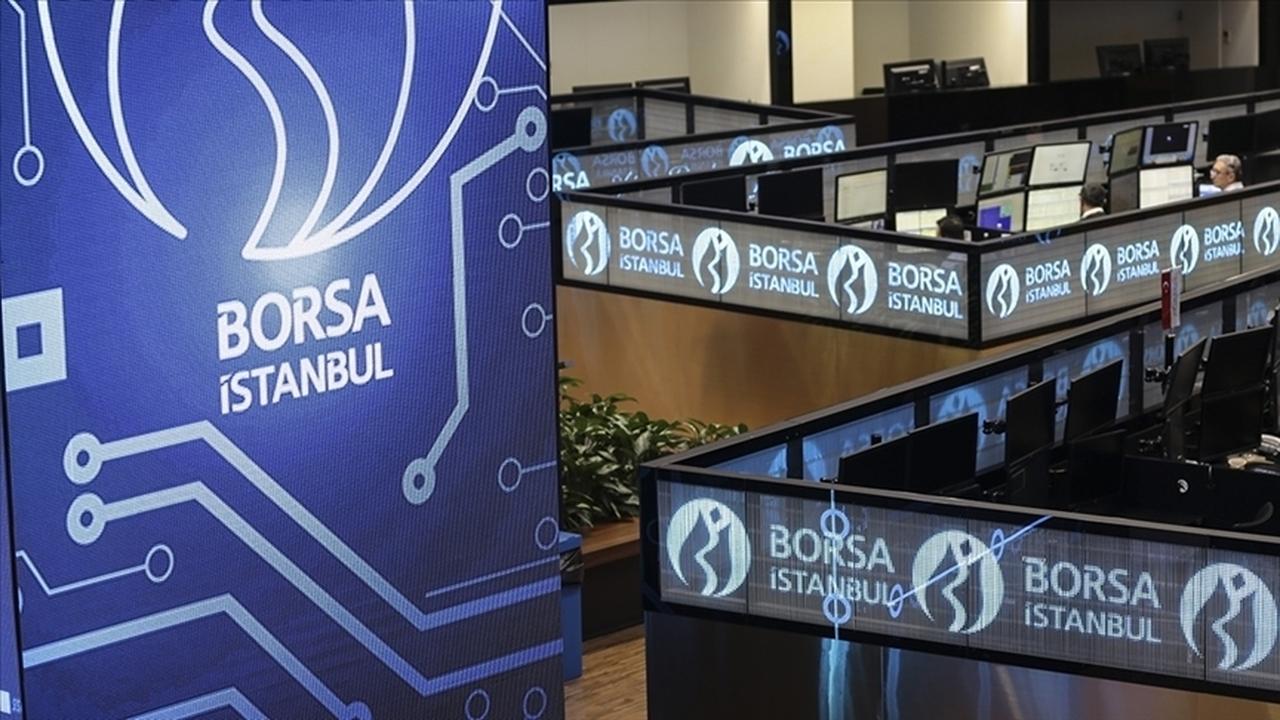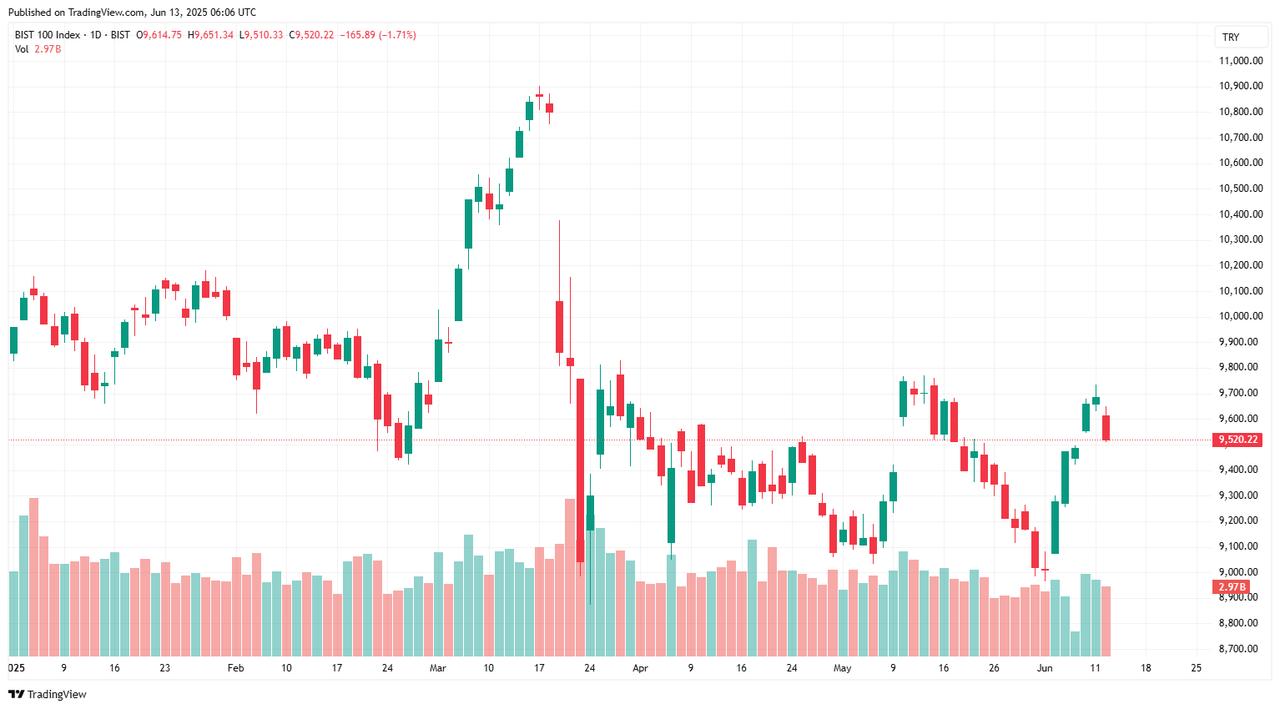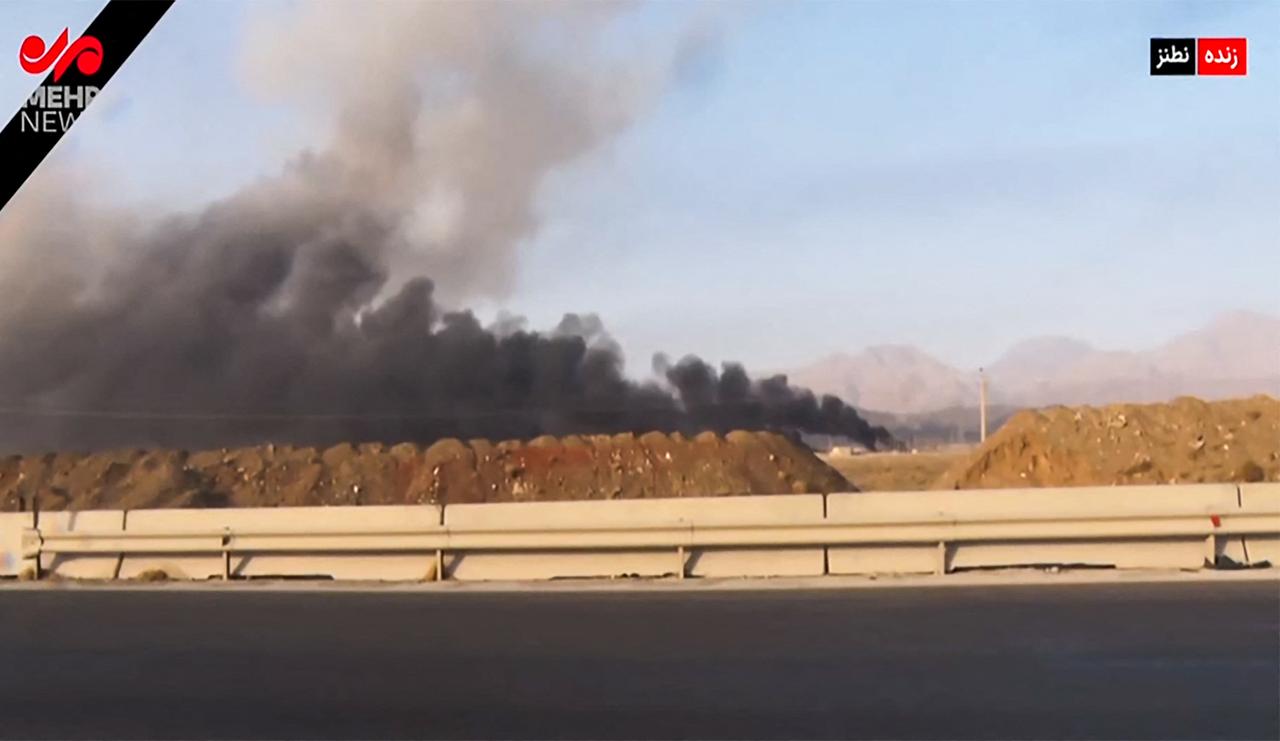
Türkiye’s equity market, Borsa Istanbul, grappled with renewed regional tensions after Israel’s attack on Iran on Friday, refueling investor panic, particularly in the late hours of the trading session and during the evening session for futures, which saw massive losses.
The benchmark BIST 100 index, which represents the 100 largest publicly listed companies, closed Thursday at 9,520.22 points, down 1.71% from the previous close. During the day, 83 indexes lost value while 17 closed with gains.
Losses extended into the evening session of the derivatives market, with the BIST 30 futures index closing the day down 2%, following a 1% decline the previous day when initial reports surfaced about Israel’s planned attack on Iran.

Late Wednesday, several reports surfaced suggesting that Israel was planning to attack Iran due to stalled nuclear talks between the U.S. and Iran—talks aimed at restricting Iran’s nuclear weapon development—and escalating conflict over Israeli attacks on Gaza and Lebanon, particularly those targeting Iran-affiliated Hezbollah.
The reports also suggested that the U.S. was preparing to evacuate its embassy in Baghdad as a precaution, adding credibility to the rumors.
Early Friday, Israeli Prime Minister Benjamin Netanyahu announced the launch of “Operation Rising Lion,” an airstrike campaign targeting Iran’s nuclear program. Iranian state media reported that the strikes killed top military officials, including Islamic Revolutionary Guard Corps (IRGC) Commander Gen. Hossein Salami and Armed Forces Chief Mohammad Bagheri.
For Türkiye, which borders the Middle East and maintains strong trade, energy, and security ties across the region, escalating conflict between Israel and Iran represents a major geopolitical risk. Investors typically respond to such developments by retreating from riskier assets in emerging markets, such as Türkiye, which drives down stock prices and increases volatility in financial markets.

Borsa Istanbul, where the benchmark BIST 100 index has slumped more than 3% year-to-date due to challenges stemming from tight liquidity conditions under the Turkish central bank’s disinflation program, had been rallying following better-than-expected May inflation figures, which came in at 35.41% annually, boosting expectations for interest rate cuts.
In addition, the Turkish central bank launched its largest one-week repo auctions since July 2023, providing nearly ₺100 billion ($2.53 billion) for two consecutive days, totaling ₺200 billion. This move further fueled interest rate cut expectations, as it is seen as the central bank’s preparation to gradually begin easing rates.
Friday’s session is scheduled to open at 9:55 a.m. local time (GMT+3).